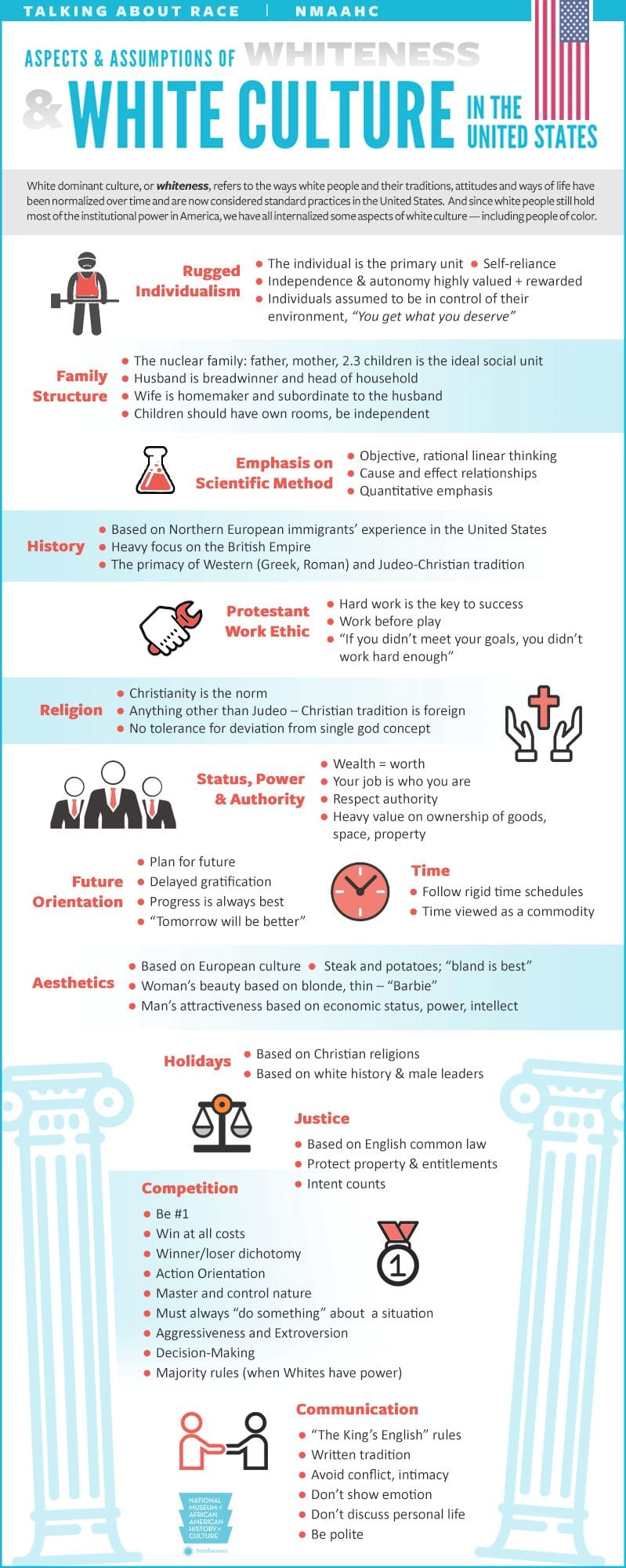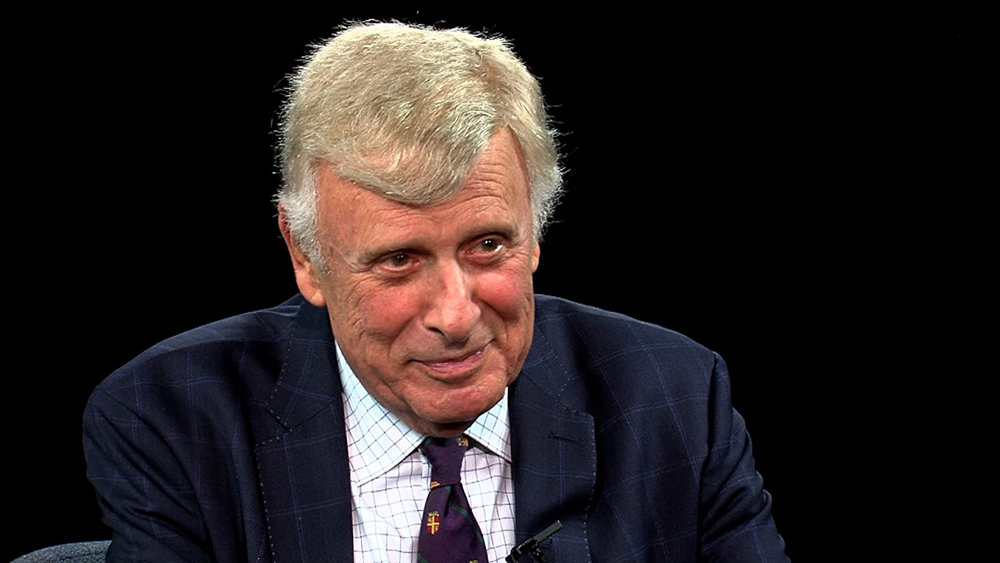And now the reveal: I am Fox Dad. CNN Dad is my dad.
My dad and I come out in the same political quadrant. Our differences on political ideas are slight to modest. Even if you identify as an economic conservative, as I do in the main, unless you believe all taxation is theft and every man is an island, you are in the mainstream of American politics. And even if you identify to the left, as my dad does, unless you want to topple statues of American presidents and unironically believe AOC's ideas would make for good national policy, you are going to be in the mainstream of American politics.
For now, the extent of our differences is probably based more upon the adverbs we'd use to describe our opinions, than on any differences in the opinions themselves.
But back to CNN Dad's dilemma: Why do CNN Dad and Fox Dad disagree so diametrically on Trump? Is CNN Dad's Trump-hatred to be explained in that small space between relatively slight differences in policy? The idea is risible. No: the fact that people can hold basically the same ideas, yet disagree so diametrically on an election about those ideas, has to do more with media diet -- on where they get their news.
No matter how many ideas, values, and predispositions my dad and I share, the way we vote will be decided by where we get our information.
I will make you a bet. I'll bet that our country is a lot like my dad and me. I'll bet that, as a country, we don't disagree all that much on what's important. I mean on real issues. Not fatuous abstractions like "national security," or "the environment," or "poverty." As if there were a "pro" and "con" side to such topics. But take any specific policy proposal -- before it is filtered through media outlets -- and put it to a left-leaning American, and a right-leaning American. And I suspect you will find they approach the issue the same way: they will both want to know what it costs, and whether it works. They might not ultimately agree, but no one will be tempted to deploy expletives or call each other names.
The average mainstream, middle-class American, is peaceable, and good-natured, and non-ideological. The average American does not walk around with an inventory of policy ideas he deems acceptable or unacceptable to his ideology. Americans are not ideological by nature.
But we have been habituated to ideological thinking. We have the journalist class to thank for that.
Ironically, Americans seem to realize we have a journalism problem. How we vote depends on where we get our information. My dad realizes this. Our problems, as co-blogger Tom Van Dyke used to put it, remain epistemological. We can't tell whether we agree if we are not even talking about the same facts. Is discussion between two voters about Trump possible when one of those voters believes what they heard on CNN -- or
what they read in ABC, or CBS, or NBC, or NPR, or the New York Times, or the Washington Post -- that Trump thinks white nationalists are "very fine people"? Is discussion with a person possible when that person believes what mainstream journalists told them about Trump's colluding with Russia in the 2016 election -- which independent journalist Glenn Greenwald called
"a scam and a fraud from the beginning"?
Our elections are not between blue America and red America. Or between Democrats and Republicans, or left and right, or liberals and conservatives. And certainly not between black and white. Our elections have become elections between CNN America and Fox America.
Perhaps you knew this already. If so, let me share with you my theory why CNN and the big news outlets command such outsized and unjustified authority over the minds of otherwise intelligent people.
My thesis is simple: CNN America is affluent. And affluent people, though they may be intelligent, are uncritical when it comes to politics.
That is because affluent people tend to be ideological. Not because the affluent voter is unintelligent or lacks critical faculties. Far from it. No, the affluent voter tends to be ideological because the affluent voter can afford to be ideological. Because the lives of affluent voters do not really depend on the outcomes of elections.
By contrast, the average voter -- the voter who works for a living, supports a family, sends children to public school, lives on a budget -- that voter is not ideological. That is because the average voter cannot afford to be ideological. The average voter is a working mother who does not ask whether a stimulus package offends her principles about the role of the federal government. The average voter is a working father who does not ask whether buying books for his children's suburban school constitutes systemic inequality in a faraway urban school district. The average voter is a black landlady who does not ask whether asking for more police presence in her crime-ridden neighborhood interferes with efforts for criminal justice reform. The average voter is an elderly man who, though he groused about paying into Social Security tax 20 years ago, could not live without it today.
These middle-class voters have an interest in the outcomes of elections. Such voters, who have concrete interests in a given election, will listen carefully to what each candidate proposes. These kinds of voters want to know what the candidates will do about their specific, concrete interests.
But candidates and journalists hate this kind of voter. Candidates do not know, or do not care, how money gets to schools, or how to stop crime, or how to continue supporting an increasingly aging population. Journalists might or might not know these things, but what they know for absolute certain is that talking about them is not going to earn them many readers. So what does the journalist make of how an election will serve these average Americans? Boring, that's what: an unclickable headline, ponderous prose -- no ad revenue. What else you got?
What the candidate and journalist need are BIG issues. Big changes! Systemic changes! What could be bigger than changing the whole system? The added bonus is there are no sleep-inducing policy details to be worked out when you're pulling up root and branch. You don't need a detail man on the bulldozer. And who can resist watching a demolition? Boom! Crash! Pft! Whee!
The only problem is systemic change is not what average Americans want. Systemic change was not a thing in America until the affluent age, the latter half of the 20th century. But by the 1990s and 2000s? Whoosh!
This is a
Google Books Ngraph of instances of the terms "systemic change," "systemic racism," "systemic reform," and "systemic injustice" since 1950.
Examples of anti-"systemic" activities include violent destruction of police precincts, gas stations, CVS stores, Targets, Wendy's restaurants, auto parts stores, and large parts of major American cities across the nation. These activities are
described by one affluent journalist at Slate as "reasonable" and "quintessentially American." Presumably, many affluent voters will agree. At any rate, it's not their neighborhood. When is the last time an affluent voter went to an AutoZone? How many affluent voters know what a Frosty is?
Systemic change might not be what average voters want. But it is positively titillating to affluent voters. Unlike average voters, affluent voters have no actual concrete interests in the outcomes of elections. When elections are decided by average voters, candidates and journalist are forced to employ more pragmatism in their political analysis. Will the ideas work? What will they cost? This is what makes democracy scientific (remember the term "political science"?), measuring political hypotheses against their results.
BO-RING! Fortunately for journalists, affluent voter-consumers are now in abundance, and they are not interested in measuring the results of their ideas. For the droves of affluent voter-consumers, policy proposals are limited only by their own intentions. And given the affluent enjoy a position of high self-approval, their policy proposals rate very high indeed.
Affluent people are dangerous voters. That is because affluent people are bored, and bored people are destructive.
But: affluent people make great journalism customers. American politics are just the broken eggs required to make a mainstream-media omelet.
Which brings me, at last, to Fox Dad's point to CNN Dad. And that is this: Bleating on about Trump-this and systemic-that is a privilege of the affluent. Trump and systemic change are the refrains of people who have nothing better to do, nothing at stake in a particular election, or in politics even more generally, except the stake a churchgoer has in showing up on Sunday. These affluent voters already have private security (e.g., gated communities), no dependents (or else the means to provide private education), private retirements, etc. The affluent need nothing from elections. So policy details don't really matter. Instead, for the affluent, politics serves a need to feel better about themselves. So intentions are all that matter.
Of course, making the affluent feel better comes at the expense of the concrete interests of the less affluent. This is a privilege of the affluent. You might say that Anti-Trumpism is, in the popular parlance, White Privilege.
That is why CNN America and Fox America cannot agree. We might share the same ideas about our country's problems. But while Fox America wants to make America become better, CNN America just wants to feel better. And those are two very different things.
Because no matter how much Trump might be able to "make America great again," he will never make CNN America feel great. And that, for the affluent CNN America, is what really counts.










